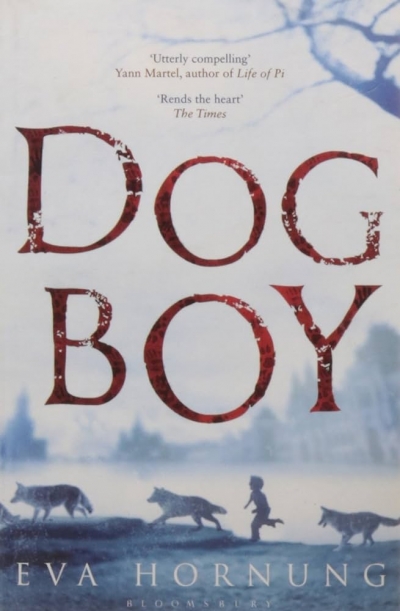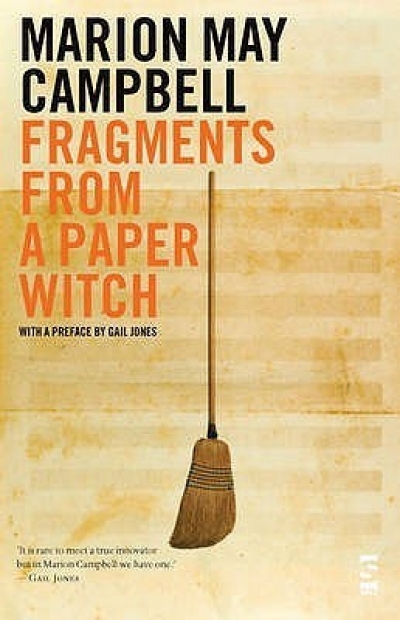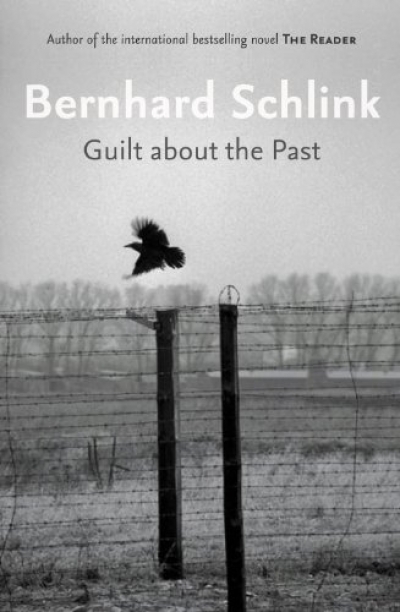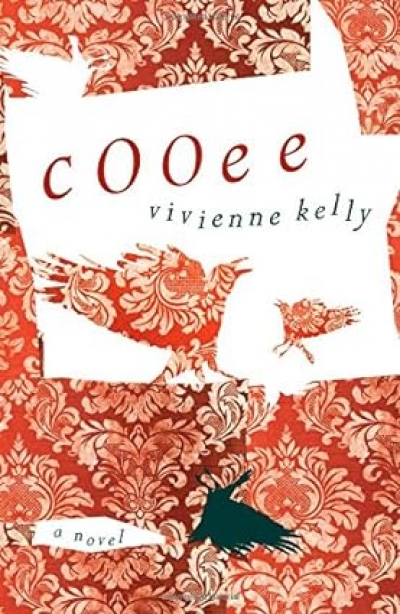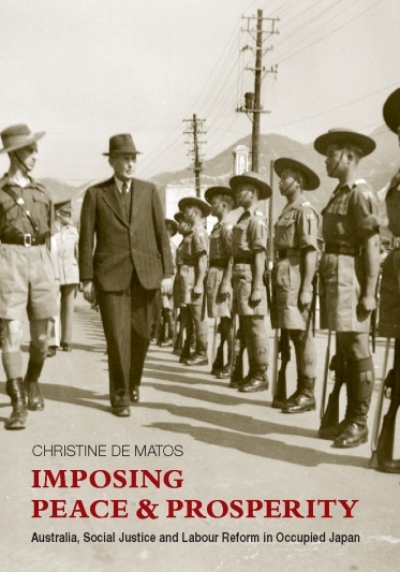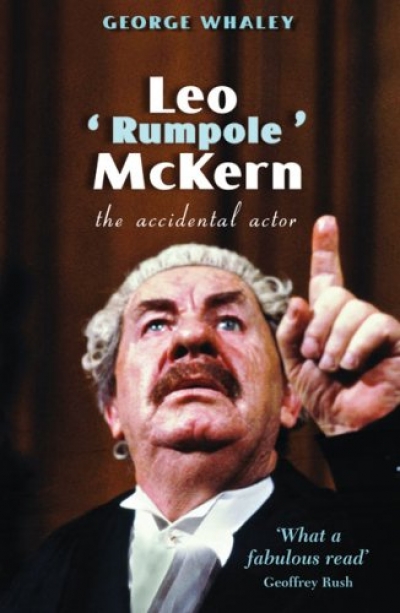Archive
Authenticity is a prized but rare commodity in politics. Few politicians are credited with having it to begin with; it is even more difficult to maintain during a political career. Part of the problem is that when politicians seek to understand and please the amorphous public, they generally turn to pollsters and advisers who end up scripting their words, campaigns and governing strategies. These gurus will even inform them what food is most appropriate (sandwiches with regular mustard, not Dijon, as one of Obama’s aides told him during a visit to a diner in southern Illinois). Public appearances are selected based on voter resonance, though sometimes with jarring results, as with the appearance of then New South Wales premier, the urbane non-motorist Bob Carr, at the opening of a drag-car racing track. Male politicians are told to wear earthy colours to appear more manly. Those who end up on a television debate are advised to keep away the frowns and scowls, even when their opponents twist the truth.
... (read more)When I was a student, the professor used to say that Australian literature had no intellectual content. That was the way professors spoke back then. He might have had A.B. ‘Banjo’ Paterson in mind; Paterson was an enormously popular writer, who didn’t let difficult ideas get in the way. Paterson is the sort of writer who goes straight to the sentimental core of his material. He does not chase after profundities or wrestle with conceptual difficulties.
Paterson could not care less about professorial pursed lips and all that. When, in 1895, his first volume, The Man from Snowy River, and Other Poems, was published, it sold out within a week. Paterson was a sensation, both here and abroad. The Times enthused, and Rudyard Kipling, with whom Paterson was immediately compared, congratulated Angus & Robertson, the publishers.
... (read more)Imposing Peace and Prosperity: Australia, Social justice and Labour reform in occupied Japan by Christine de Matos
Leo ‘Rumpole’ McKern: The accidental actor by George Whaley
Freefall
must be like this,

